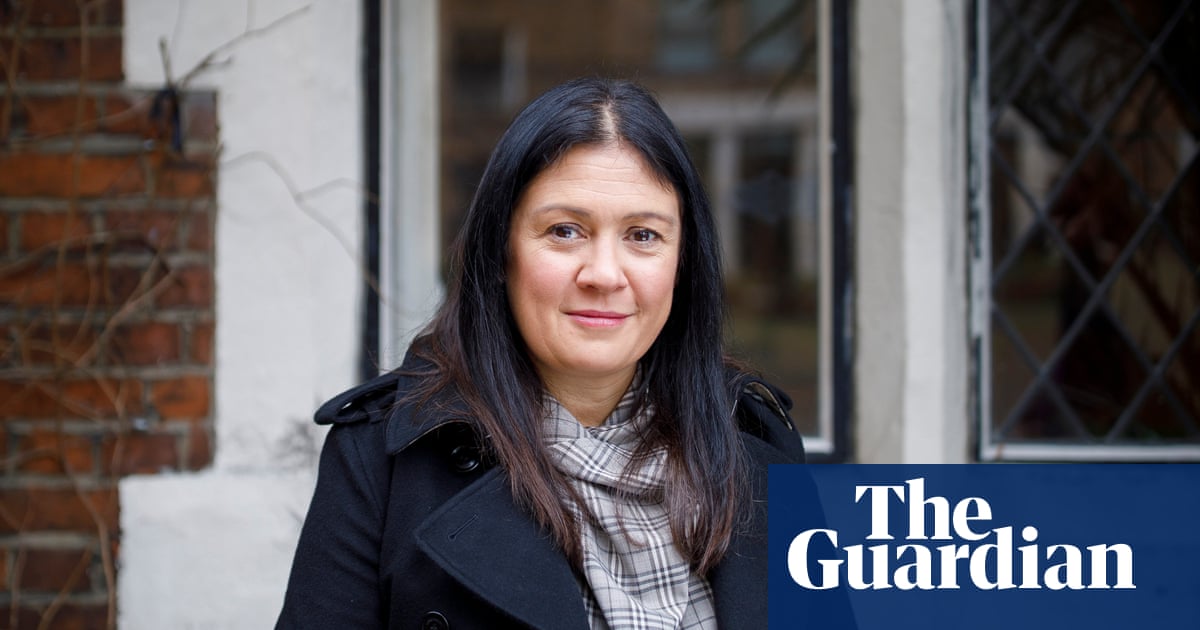
RIVERSIDE, Calif. — A groundbreaking study led by the University of California, Riverside reveals that a community-based health initiative, ¡Coma, Muévase y Viva! (“Eat, Move, and Live!”), is significantly improving the health and lifestyle of Latino families in rural Southern California. The program is designed to enhance diet, physical activity, and chronic disease management among participants.
Developed by City of Hope, ¡Coma, Muévase y Viva! is a linguistically and culturally tailored intervention delivered by “promotoras,” or trusted community health workers, to low-income, rural Latinas. This initiative serves as a model for how community-led programs can address chronic disease disparities in underserved areas.
Addressing Health Disparities in Rural Latino Communities
Latinos, who represent the largest rural minority in the United States, often face significant barriers to accessing healthy food, safe exercise spaces, and Spanish-language health education. These challenges contribute to elevated rates of obesity and diabetes within these communities. The ¡Coma, Muévase y Viva! program specifically targets Latino immigrants in California’s Eastern Coachella Valley, an area with some of the highest diabetes rates in the state.
The 10-week virtual program, conducted in Spanish with Purépecha translation, integrates health education, cooking demonstrations, and exercise sessions. Weekly topics include diabetes management, nutrition, and cholesterol, with practical, culturally relevant recipes and group workouts set to Spanish music.
Positive Outcomes and Community Impact
In late 2022, UC Riverside researchers conducted focus groups with 20 low-income, Spanish-speaking Latina women to assess the program’s impact. Participants reported improved understanding of diet, exercise, and disease prevention, leading to healthier habits such as increased fruit and vegetable intake, reduced consumption of sugary drinks, and more frequent exercise. Many participants experienced weight loss, increased energy, and greater confidence in managing diabetes and obesity.
According to Ann Cheney, a professor of social medicine, population, and public health at UC Riverside and the study’s senior author, the program’s benefits extended beyond individual participants. “Many shared what they learned with family members, promoting healthier eating and activity at home,” Cheney noted. The use of WhatsApp and culturally relevant materials helped build trust and engagement among participants, contributing to the program’s success.
“Programs like ¡Coma, Muévase y Viva! show that when communities lead the way, health education becomes more effective and empowering,” said Jacqueline Moreira, a program coordinator for research studies at UC Riverside and the study’s first author.
The Role of Culturally Responsive Health Programs
Cheney emphasized the importance of culturally responsive public health programs, particularly for populations facing language, economic, and geographic barriers to care. “By integrating local voices, cultural food traditions, and community networks, ¡Coma, Muévase y Viva! provides a model for delivering accessible, relevant, and sustainable health education in underserved communities,” she said.
The research team, including Jair Chavez and Noah Baltrushes from UC Riverside and Andrea Gonzales from Johns Hopkins University, highlights the potential for similar programs to address health inequities nationwide. The study was funded by the National Institutes of Health – National Cancer Institute.
Looking Ahead: Expanding Community Health Initiatives
The findings from this study underscore the potential for community-driven health initiatives to make a tangible difference in underserved populations. As the University of California, Riverside continues its mission as a leading research institution, programs like ¡Coma, Muévase y Viva! exemplify innovative approaches to public health challenges.
With an enrollment exceeding 26,000 students and a significant economic impact, UC Riverside remains committed to addressing critical issues affecting California and beyond. For more information about their initiatives, visit www.ucr.edu.







